Managing Fears and Worries
Open to access this content
The Falls of Fear and Worry
Open to access this content
Working with the School

Open to access this content
Just for Siblings
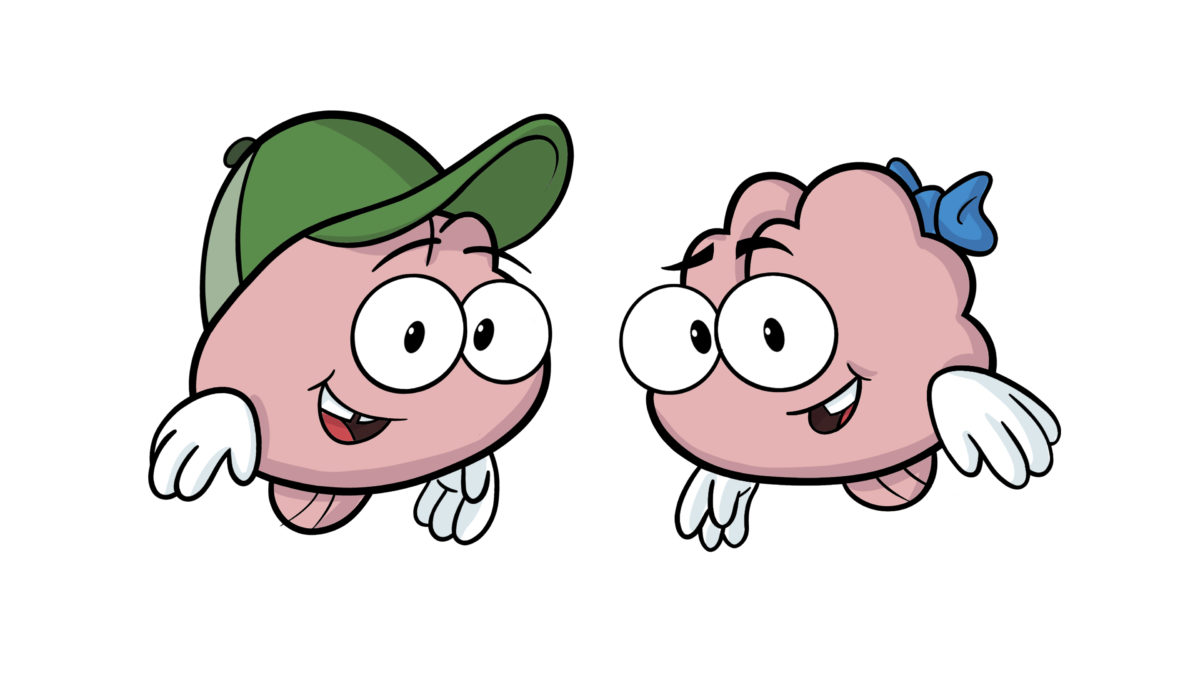
Open to access this content
TBI and Seizures
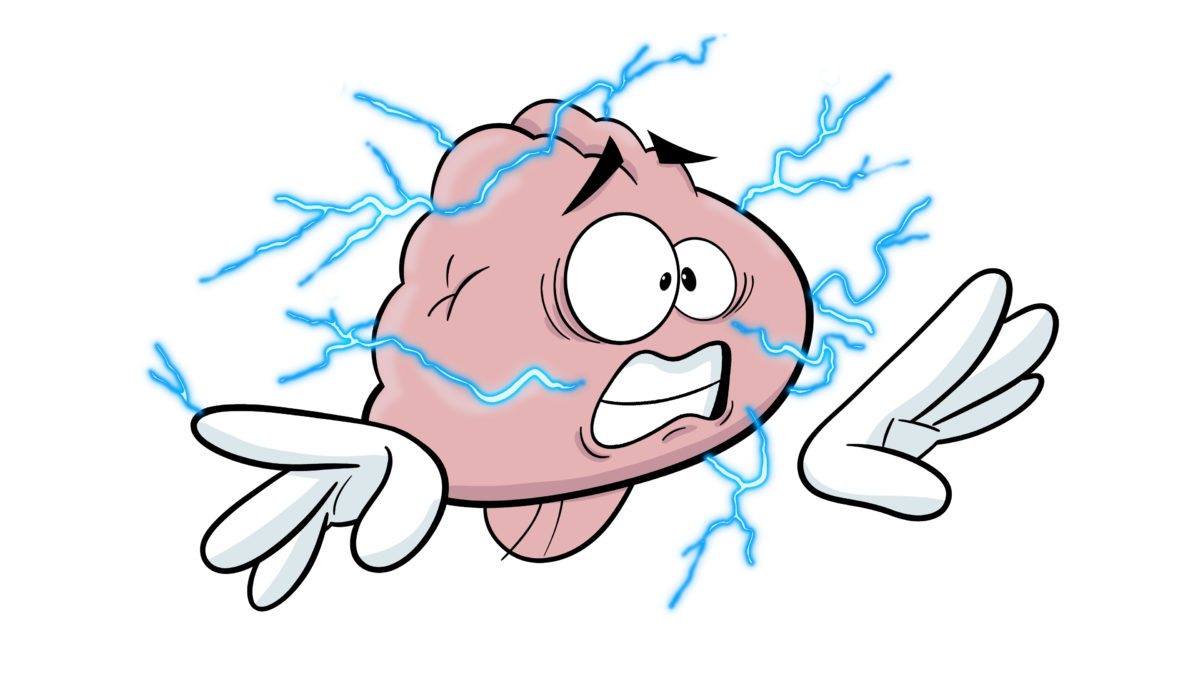
Open to access this content
Memory Strategies
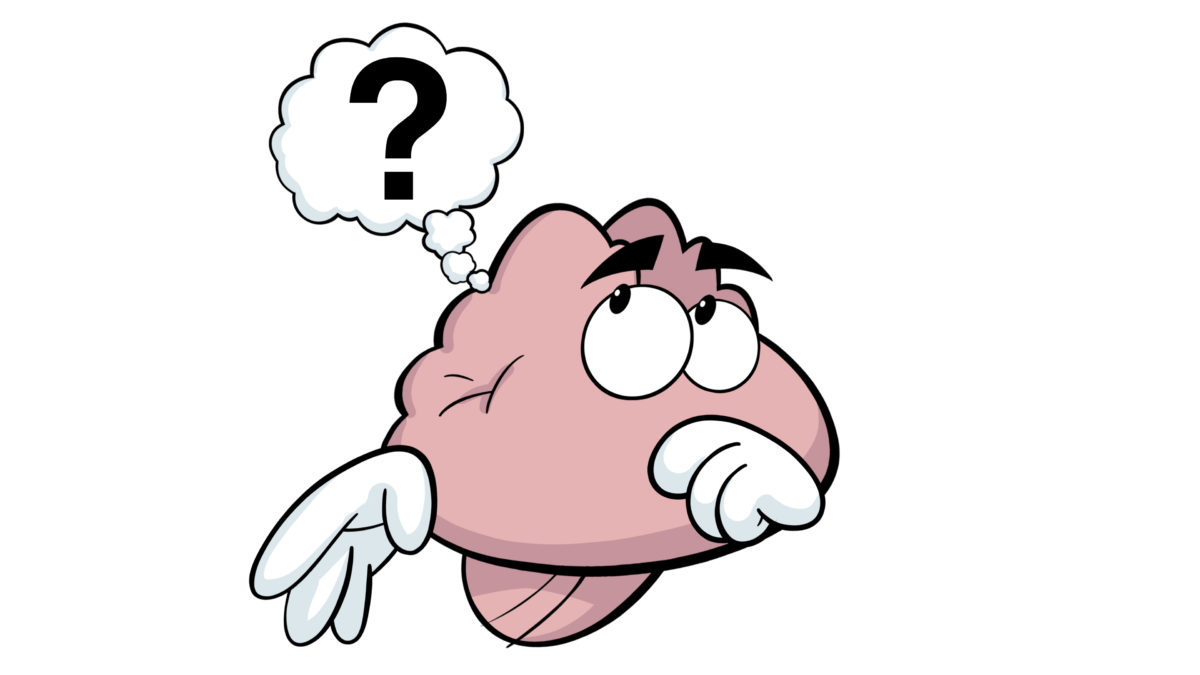
Open to access this content
Sleep

Open to access this content
After High School

Open to access this content
For Parents: Family Coping

Open to access this content
Pain Management
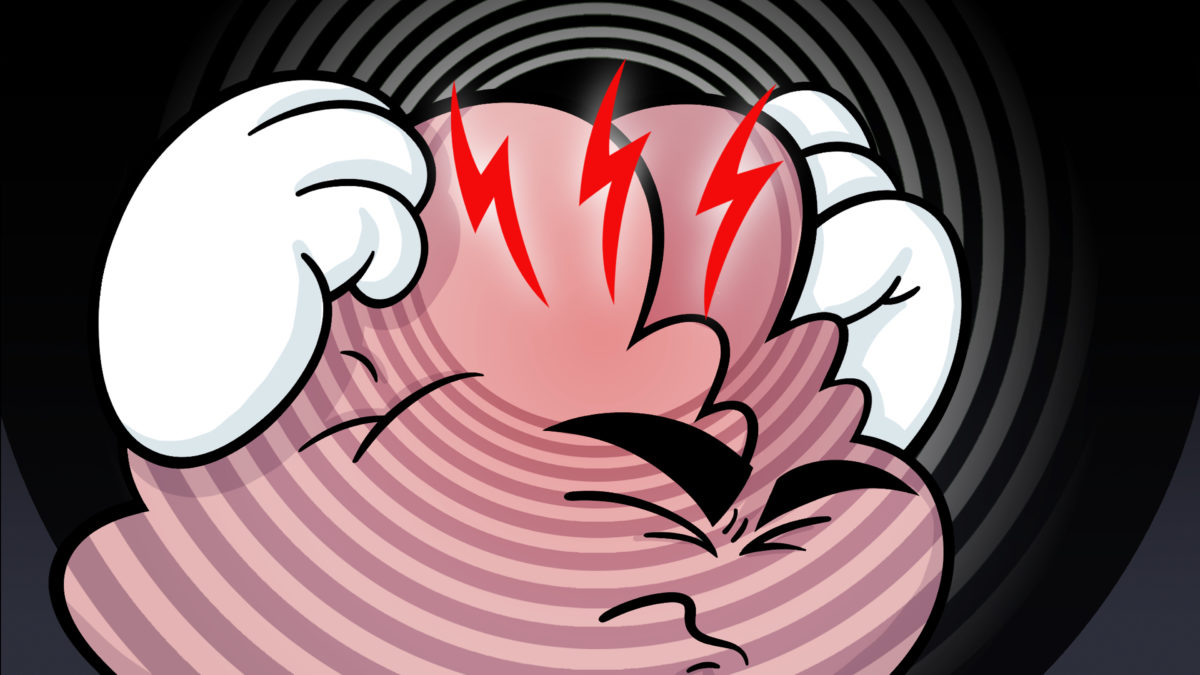
Open to access this content
Guilt, Grief & Caregiving
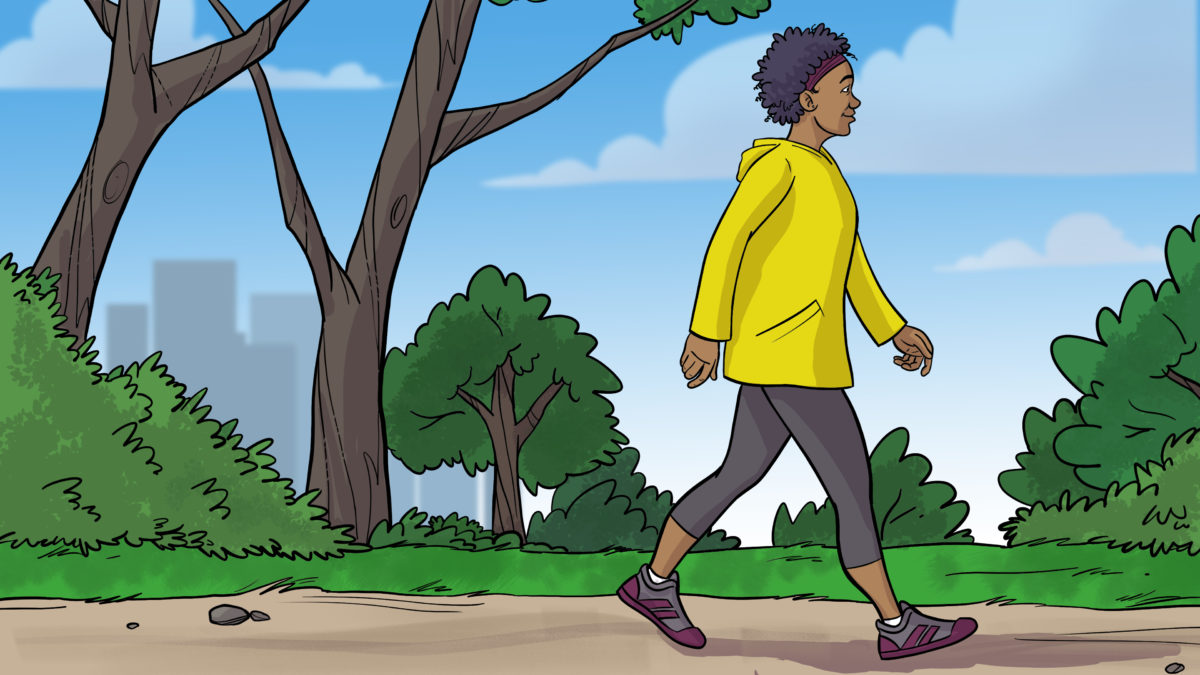
Open to access this content
Marital Communication

Open to access this content
Talking with Your Teen

Open to access this content
10: Moving Forward & Planning for the Future
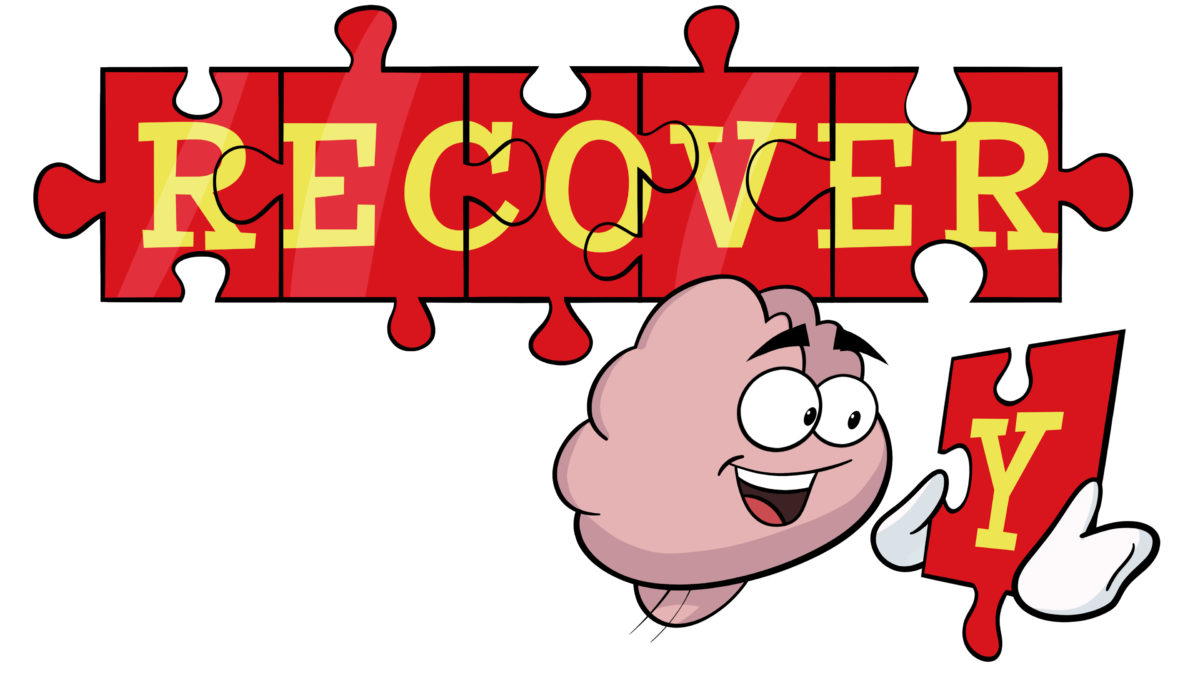
Open to access this content
9: Taking Care of You
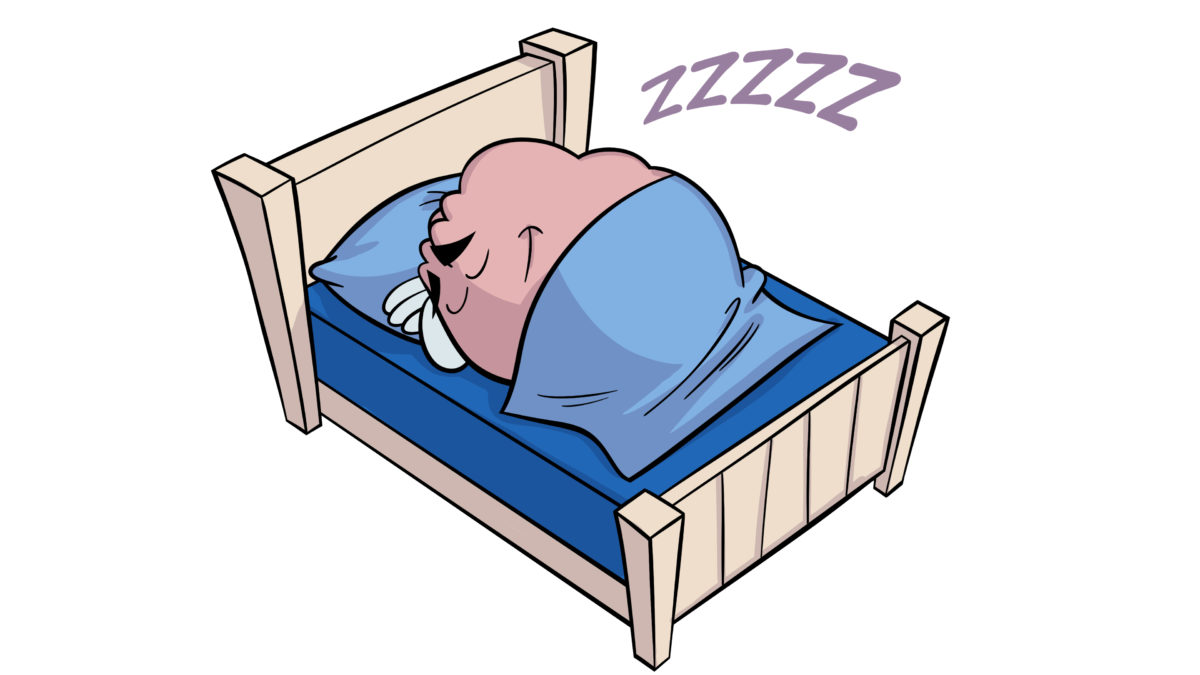
Open to access this content
8: Social Behavior & Problem Solving

Open to access this content
7: Verbal and Nonverbal Communication
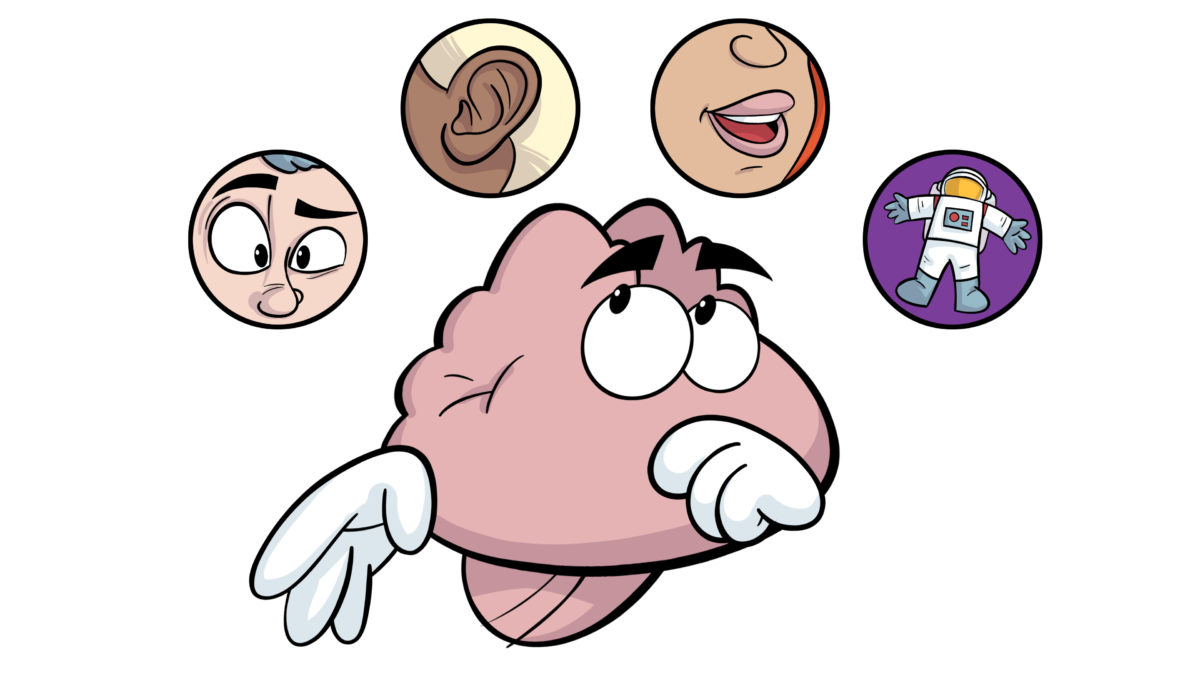
Open to access this content
6: Controlling Your Anger
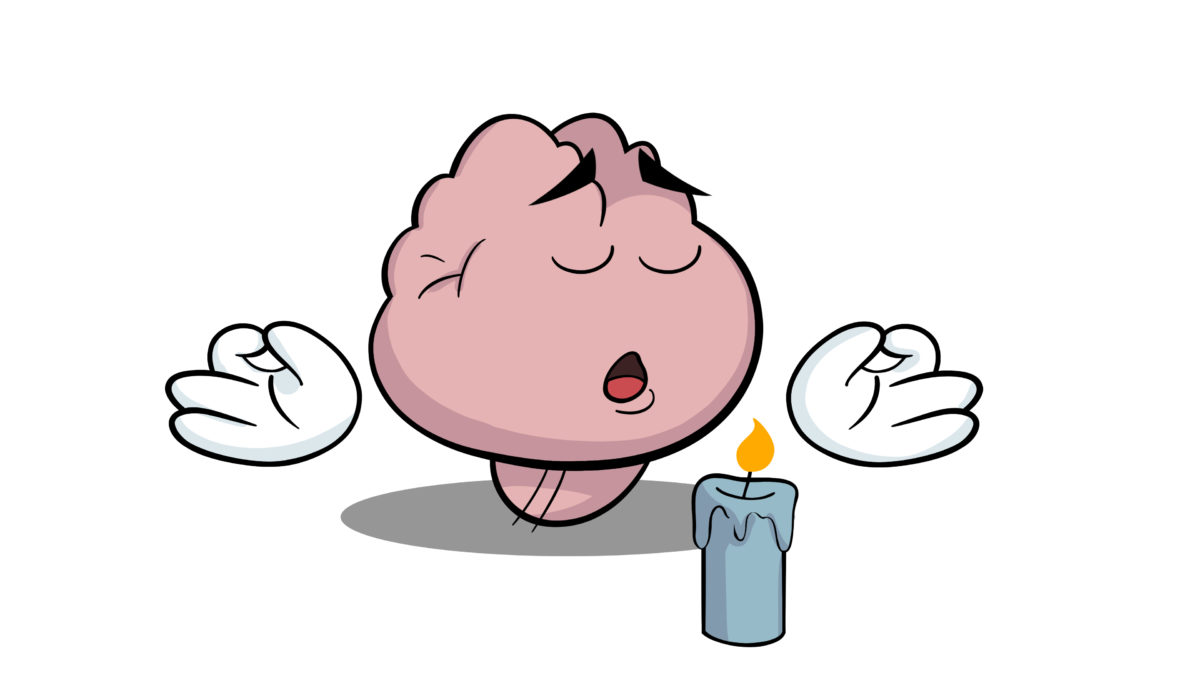
Open to access this content
5: Staying In Control
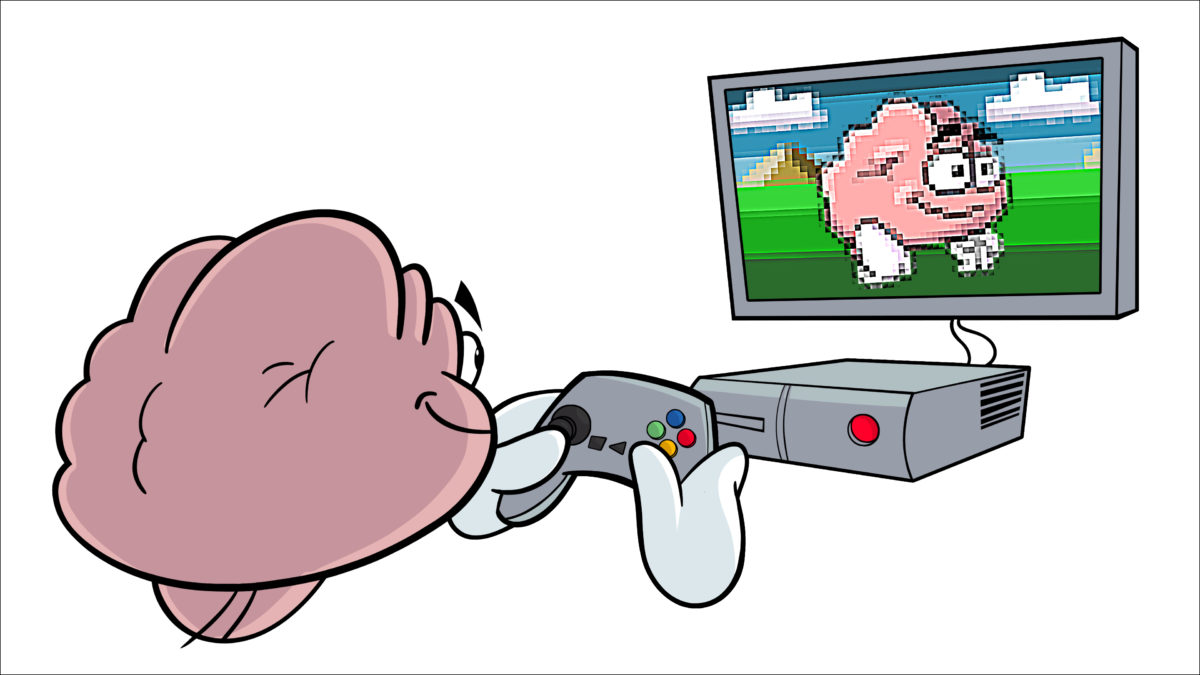
Open to access this content
4: Getting Organized
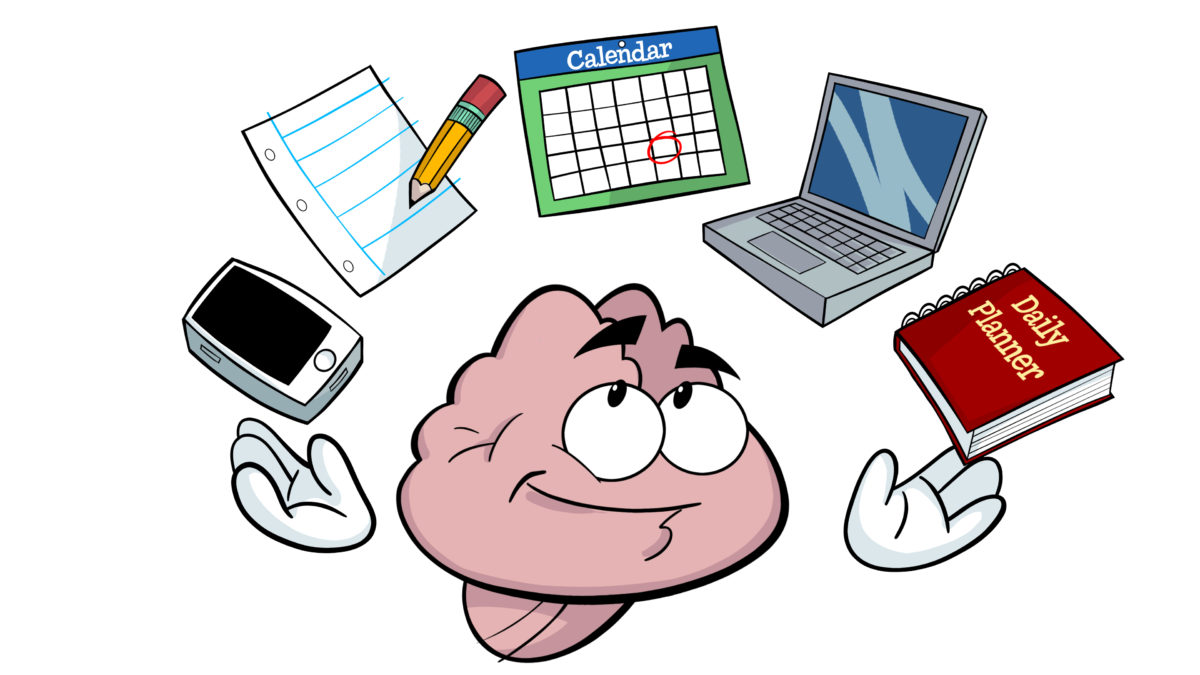
Open to access this content

